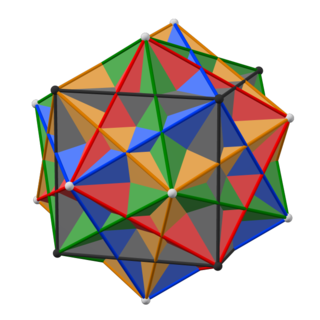In number theory, the Fermat pseudoprimes make up the most important class of pseudoprimes that come from Fermat's little theorem.
17 (seventeen) is the natural number following 16 and preceding 18. It is a prime number.
21 (twenty-one) is the natural number following 20 and preceding 22.
70 (seventy) is the natural number following 69 and preceding 71.
25 (twenty-five) is the natural number following 24 and preceding 26.
29 (twenty-nine) is the natural number following 28 and preceding 30. It is a prime number.
84 (eighty-four) is the natural number following 83 and preceding 85. It is seven dozens.
73 (seventy-three) is the natural number following 72 and preceding 74. In English, it is the smallest natural number with twelve letters in its spelled out name.
32 (thirty-two) is the natural number following 31 and preceding 33.
300 is the natural number following 299 and preceding 301.

360 is the natural number following 359 and preceding 361.
400 is the natural number following 399 and preceding 401.
127 is the natural number following 126 and preceding 128. It is also a prime number.
500 is the natural number following 499 and preceding 501.
In mathematics, an aliquot sequence is a sequence of positive integers in which each term is the sum of the proper divisors of the previous term. If the sequence reaches the number 1, it ends, since the sum of the proper divisors of 1 is 0.
216 is the natural number following 215 and preceding 217. It is a cube, and is often called Plato's number, although it is not certain that this is the number intended by Plato.
240 is the natural number following 239 and preceding 241.
30,000 is the natural number that comes after 29,999 and before 30,001.
In mathematics, the Jacobsthal numbers are an integer sequence named after the German mathematician Ernst Jacobsthal. Like the related Fibonacci numbers, they are a specific type of Lucas sequence for which P = 1, and Q = −2—and are defined by a similar recurrence relation: in simple terms, the sequence starts with 0 and 1, then each following number is found by adding the number before it to twice the number before that. The first Jacobsthal numbers are:




